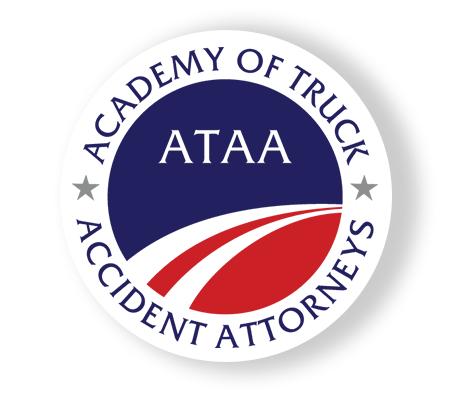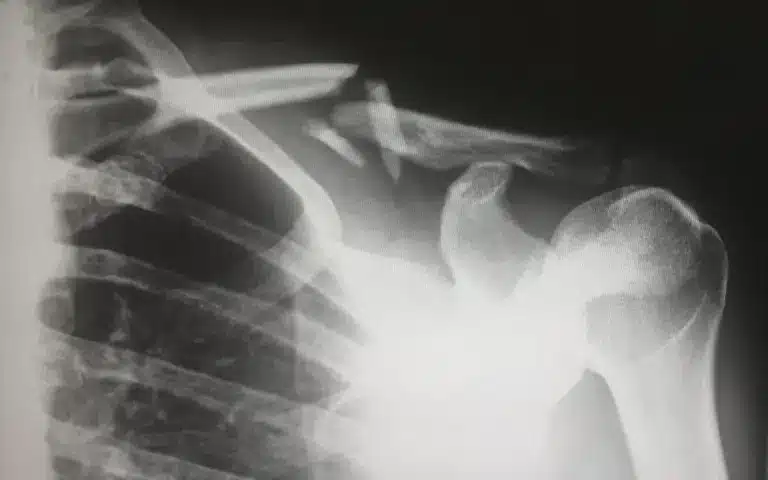Negligence may seem simple – if someone didn’t do what they were supposed to, they’re probably negligent. It’s not that simple in Texas law, however. Proving someone to be negligent relies upon the plaintiff, not the defendant, and there are multiple criteria that have to be met in order for a defendant to be found negligent. Today we’ll take a look at the 5 elements necessary to prove negligence in a Texas personal injury case.
-
Duty of Care
A duty of care is the assertion that someone should have acted, or taken care, to prevent injury. For instance, a store owner has a duty of care to ensure that their roof is stable and won’t fall on customers. Simple assumptions such as this are commonly considered a duty of care, as patrons of a store likely don’t take into consideration the condition of the roof before they enter it, and it is assumed that you are safe from collapsing buildings while shopping inside of them. Conversely, if you entered into an abandoned building that has “No Trespassing” signs posted and is clearly falling apart, the owner of that building likely does not have a duty of care to ensure that the roof does not fall on anyone inside. They assume that nobody will be in the building, and took the steps necessary to discourage anyone from entering by posting trespassing signs.
-
Breach of Duty
A breach of duty is when a party fails to fulfill their duty of care. In the first example, the store owner breaches their duty of care when they are aware of the risk posed by the collapsing roof, and yet did not take steps to prevent it from happening. The knowledge of the risk posed by the damaged roof, combined with their inaction, is a major step towards proving negligence in their actions.
-
Cause in Fact
You must then prove that the breach of duty was the cause in fact, or direct cause, of the injury. If the duty of care was followed, the injury would not have happened in the first place. If the roof falling didn’t harm you, but a car then drove through a wall and struck you immediately after, the roof falling is not the cause in fact of the incident; the store owner had no knowledge of the car nor that it would hit you. In this sense, despite their arguable negligence in allowing the roof to fall, they did not directly cause your injuries, and cannot be found liable.
-
Proximate Cause
Proximate cause claims that any reasonable or prudent actor in the situation would have been aware of the risks posed by the breach of duty. A prudent store owner would have known that a roof collapse could cause injury to customers, and would have taken action to prevent it from happening. A prudent store owner would not expect a car to drive through a wall and strike a customer in the middle of the store, so they likely cannot be found liable as they wouldn’t be expected to take action to prevent that from happening.
-
Damages
Finally, you must prove that you sustained actual damages from the incident, which may be pain and suffering, lost income, or medical expenses. If somehow, you sustained no injury or suffering at all from the roof collapse, you likely would not be able to take action against the store owner. Because no damage was done, there is no compensation needed.
Knowledge of the ins and outs of negligence is one of the most crucial aspects of your personal injury case. If you’re in need of a capable personal injury attorney who wants the best for your case, contact the Law Offices of S. Dylan Pearcy today.

















